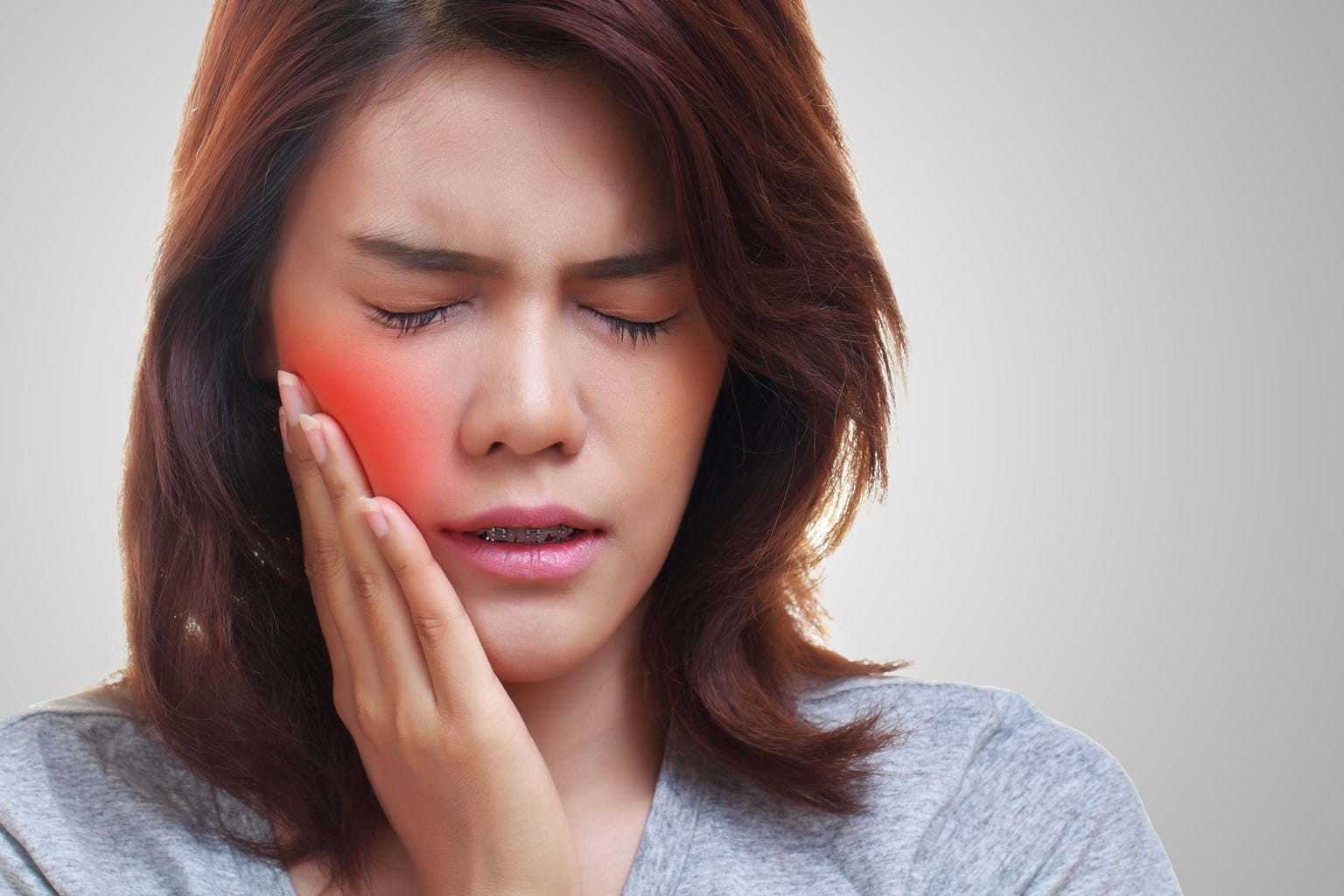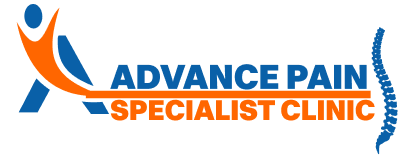
What is Orofacial Pain?
Orofacial pain refers to discomfort in the areas of the face, mouth, and jaw, which can be caused by a variety of issues such as dental problems, jaw disorders, nerve conditions, or even sinus infections. Common causes include temporomandibular joint (TMJ) disorders, where the jaw joint and surrounding muscles become painful, toothaches, gum disease, or issues like trigeminal neuralgia, which causes sharp, stabbing pain along the facial nerves. It can also be linked to sinusitis or migraines, where the pain radiates into the face, or myofascial pain syndrome, which involves pain from muscle trigger points.
Treatment for orofacial pain depends on the underlying cause and may include dental treatments, physical therapy for jaw issues, pain medications, or muscle relaxants. In some cases, stress management techniques or lifestyle changes might help, especially for conditions like TMJ disorders where jaw clenching or grinding is involved. Proper diagnosis is essential, as the pain could stem from a wide range of sources, requiring different approaches for effective relief.

Causes of Orofacial Pain
- Dental Issues: Tooth decay, abscesses, gum disease, and other dental problems can cause localized pain in the teeth and gums.
- Temporomandibular Joint (TMJ) Disorders: Misalignment, teeth grinding, or jaw clenching can cause pain in the jaw, face, and neck.
- Trigeminal Neuralgia: A nerve disorder that causes intense, sharp pain along the trigeminal nerve, affecting the face.
- Sinus Infections (Sinusitis): Inflammation in the sinuses can cause pain in the cheeks, forehead, and upper teeth due to pressure buildup.
- Headaches (Migraines, Cluster Headaches): Pain from headaches can radiate to the face and jaw.
- Myofascial Pain Syndrome: Trigger points in facial or jaw muscles cause referred pain in the face or jaw.
Care for Orofacial Pain
- Dental Treatment: Fillings, root canals, or gum disease treatments to address tooth-related pain.
- TMJ Disorder Management: Physical therapy, jaw exercises, medications, and mouthguards to alleviate pain from TMJ dysfunction.
- Sinus Infection Treatment: Decongestants, nasal sprays, or antibiotics (if bacterial) for sinus-related pain.
- Sinus Infections (Sinusitis): Inflammation in the sinuses can cause pain in the cheeks, forehead, and upper teeth due to pressure buildup.
- Headache Management: Pain relief medications and lifestyle adjustments, such as hydration, rest, and stress management, for headache-related facial pain.
- Muscle Relaxation: Stress reduction techniques, warm compresses, and trigger point therapy for muscle-related facial pain.
Accurate diagnosis and appropriate treatment are key to managing orofacial pain effectively.

